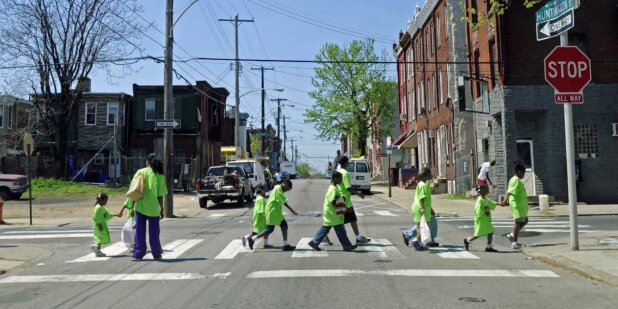- About
- Topics
- Picks
- Audio
- Story
- In-Depth
- Opinion
- News
- Donate
-
Signup for our newsletterOur Editors' Best Picks.Send
Read, Debate: Engage.
Last is the founder and CEO of Inini Initiative, a social enterprise that promotes community cohesion by supporting asylum seekers, refugees and migrants understand and navigate their new social terrain. Her role is to design culturally sensitive strategies specific to this group that minimise barriers to integration. Last holds a Bachelor’s degree in Psychology and a Master’s degree in International Development Law and Human Rights both from the University of Warwick.
Last Mafuba is a fellow of the Acumen 2020 Fellowship Programme in the United Kingdom.
What are you working on?
When and why did you come to the decision to do it?
I established Inini in 2016 in response to the challenges I faced while trying to integrate into my community when I first arrived in the UK. Once settled I volunteered with my local refugee and migrant centre, and witnessed people experiencing similar challenges. What was most evident was their struggle with mental health problems. This inspired me to become a clinical psychologist so I enrolled for a psychology degree. I went on to do a masters in International Development Law and Human Rights because I was curious to understand the refugee/migrant journey. My thesis investigated the reason why recent female migrants experiencing domestic abuse do not engage the law. This revealed an intersection of issues that combine to create barriers to doing this. At the core of everything were mental health problems and the lack of adequate mental health support so I decided to register Inini and, design and deliver mental health support to this group.
What have been your biggest challenges so far?
Lack of power to implement solutions has been our biggest challenge to date. Resources are usually channelled to bigger statutory organisations who are not willing to engage smaller grassroots organisations whom they deem inexperienced.
What has been the impact or greatest experience so far?
Managing to get our local authority to house destitute asylum seekers coming out of mental hospital has been our greatest experience so far. We have also teamed with a local asylum seeker and refugee action group to raise funds so we can rent properties to accommodate destitute asylum seekers with no recourse to public funds. We have so far raised £40 000 and are looking to rent our first property.
Apart from your fellowship, what kind of support for your work do you need?Resources, resources, resources. We have effective solutions to the problems we face as people of colour and believe the only way we can build viable long term power is if money and people were organised towards a common vision
What can other change makers learn from your experience?
Join hands with other grassroots community organisations with similar goals and speak with a united voice. Be patient. Build resilience and persevere.
